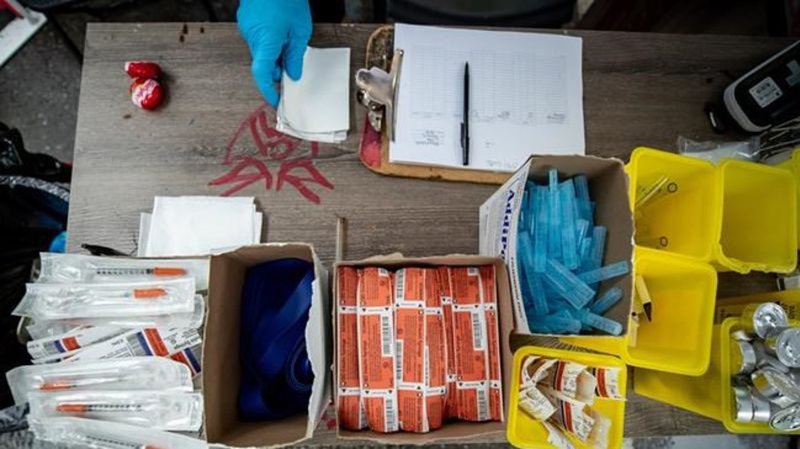
Groups decry ‘punitive,’ ‘coercive’ drug policies in worsening overdose crisis
VANCOUVER — A coalition of eight advocacy groups is decrying Canada’s “devastating” drug policy that advocates say is doing more harm than good in the country’s fight against the illicit drug overdose crisis.
The groups sent a co-written letter to three federal ministers on Monday, criticizing the country’s drug policy as “punitive” and “coercive” and urging Ottawa to “issue a public statement denouncing all forms” of involuntary care aimed at drug users across Canada.
Corey Ranger, president of co-authoring group Harm Reduction Nurses Association, said while programs such as mandatory treatment of overdose patients infringe on individual rights, there is an equal amount of concern over how effective they are in the first place.
“The reality is that involuntary care, punitive approaches, simply do not work,” said Ranger, who has treated many drug users. “And that is one of the most important factors to consider when implementing public policy: Is it effective? Does it serve the purpose? And the answer is that it does not.”


